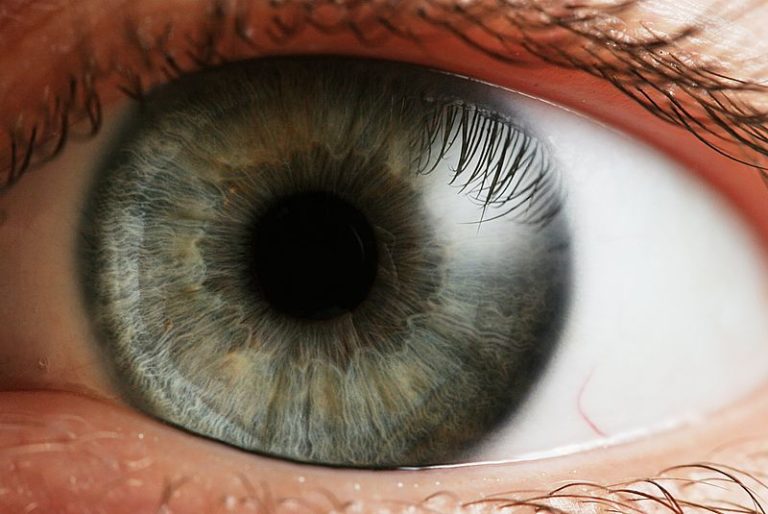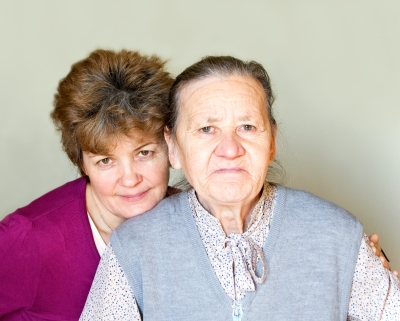Alzheimer’s Caregiving doesn’t have to be Emotionally Isolating
Alzheimer’s caregivers often feel emotionally isolated as they struggle to face the challenges they encounter on a daily basis. Sue Shipper can’t remember exactly when she became isolated from everyone in her life as she took care of her Alzheimer’s-stricken husband, Robert. Shipper’s story is very common among Alzheimer’s caregivers whose isolation becomes a …













